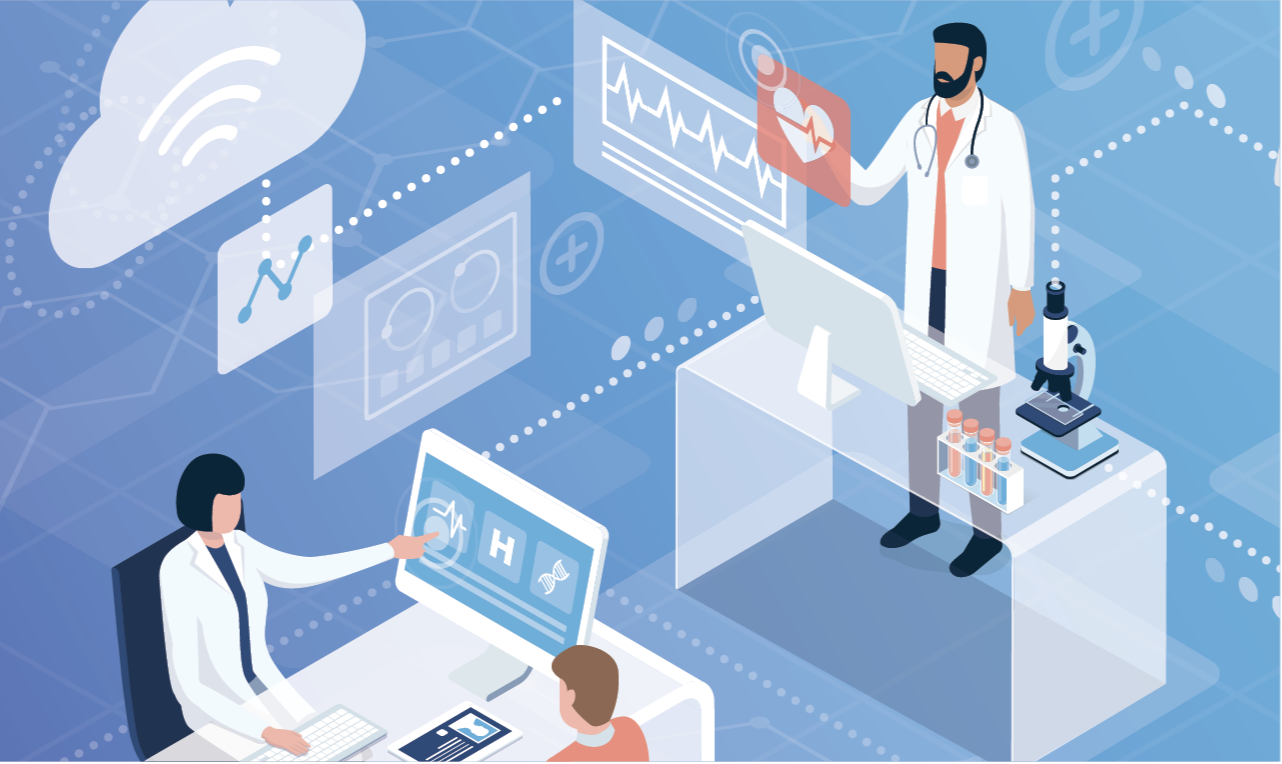These days you can use technology to track almost anything in your life – including your sleep! You may have noticed that a watch or device that you already own records sleep data, or maybe you’ve purchased a specific tracker just for that purpose. Over the past few years these devices have become very popular.
Whether you choose to use a watch, a bracelet, your phone, or other device, what do you do with the data once you get it? Can it help you improve your overall health? We spoke with sleep expert Massimiliano de Zambotti, PhD about how these trackers work and what to do with the information they provide.
According to Dr. de Zambotti, sleep trackers can record data such as sleep timings, how long you sleep, and nighttime awakenings. The newer generation of sleep trackers can also measure heart rate and its variability, blood oxygen levels, breathing patterns, and even stages of sleep. The data from the device sensors are processed by the manufacturer’s algorithms, then the data are combined and presented to the user through an app or website.
For a tracker to be most helpful, it must record accurate and reliable data and it should also provide the right contextualization and information to interpret it. Dr. de Zambotti says that at this time, consumer devices can’t be used to diagnose specific sleep disorders, and it’s still unclear how helpful the data can be from a clinical standpoint. The devices can help individuals be more aware of their sleep and may even help users to improve their sleep habits over time. However, while reaching the magic 10,000 steps per day for activity is under one’s control, achieving a specific sleep target is not so straightforward.
Some devices generate a “nightly sleep score” or a “grade” of the previous night’s sleep. Dr. de Zambotti explained that the goal of the sleep score is to take the data collected overnight and turn it into a number that reflects the quality of sleep of the user. It is still unclear, however, what this number truly represents. For example, you might wake up feeling refreshed and energetic, but your sleep score is lower than usual. Because scientists don’t have a full understanding of what goes into the sleep scores for different devices, Dr.de Zambotti said to pay more attention to how you feel and to other standard values these devices provide that have more actionable insights. Dr. de Zambotti suggests focusing on objective numbers like what time you go to bed and wake up.
While some people benefit from tracking their sleep over weeks or months, others might find themselves getting overly invested with the information. Some users can get competitive about improving their sleep score or even feel anxiety about the data. It’s important for each person to note whether they feel a tracker and the data it generates are helpful to them as an individual.
The bottom line? If you think a sleep tracker might be helpful to you, try it out! There are many options, so make sure to research various devices and pick one that matches your individual lifestyle and budget. And as always if you have concerns about your sleep or health, be sure to contact your health care team.

Massimiliano de Zambotti, PhD is a sleep neuroscientist serving as the Lead of the Translational Sleep Technology Unit, Human Sleep Research Program at SRI International in Menlo Park, California. He is also the Cofounder and Chief Scientific Officer of Lisa Health Inc.
Rosei Skipper, MD completed her Psychiatry residency and Child fellowship at the Mayo Clinic in Rochester, MN. She is currently pursuing further training in psychoanalytic therapy.



